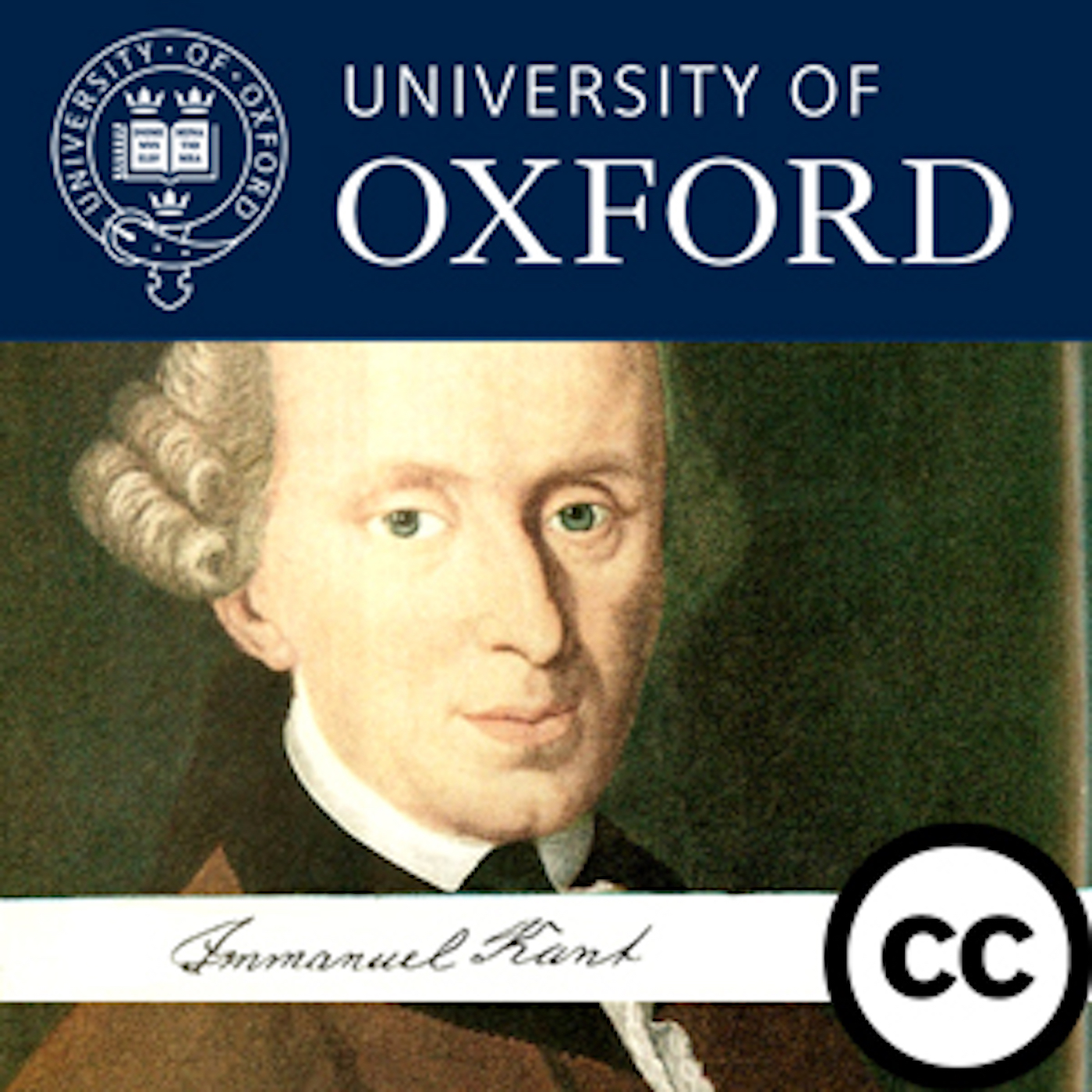Space, time and the "Analogies of Experiences"
Description
Lecture 3/8. Kant's so-called "Copernican" revolution in metaphysics begins with the recognition of the observer's contribution to the observation. Thus, to the extent that Hume's empiricism restricts knowledge to experience, empiricism succeeds only by accepting the a priori grounding of experience itself. Creative Commons Attribution-Non-Commercial-Share Alike 2.0 UK: England & Wales; http://creativecommons.org/licenses/by-nc-sa/2.0/uk/
More Episodes
Lecture 8/8. Reason, properly disciplined, draws permissible inferences from the resulting concepts of the understanding. The outcome is knowledge. When rightly employed, the perceptual and cognitive powers match up the right way with the real world and ground the knowledge-claims of the...
Published 03/16/11
Lecture 7/8. Kant argues that: "The synthetic unity of consciousness is... an objective condition of all knowledge. It is not merely a condition that I myself require in knowing an object, but is a condition under which every intuition must stand in order to become an object for me". Creative...
Published 03/16/11
Lecture 6/8. Empiricists have no explanation for how we move from "mere forms of thought" to objective concepts. The conditions necessary for the knowledge of an object require a priori categories as the enabling conditions of all human understanding. Creative Commons...
Published 03/16/11


